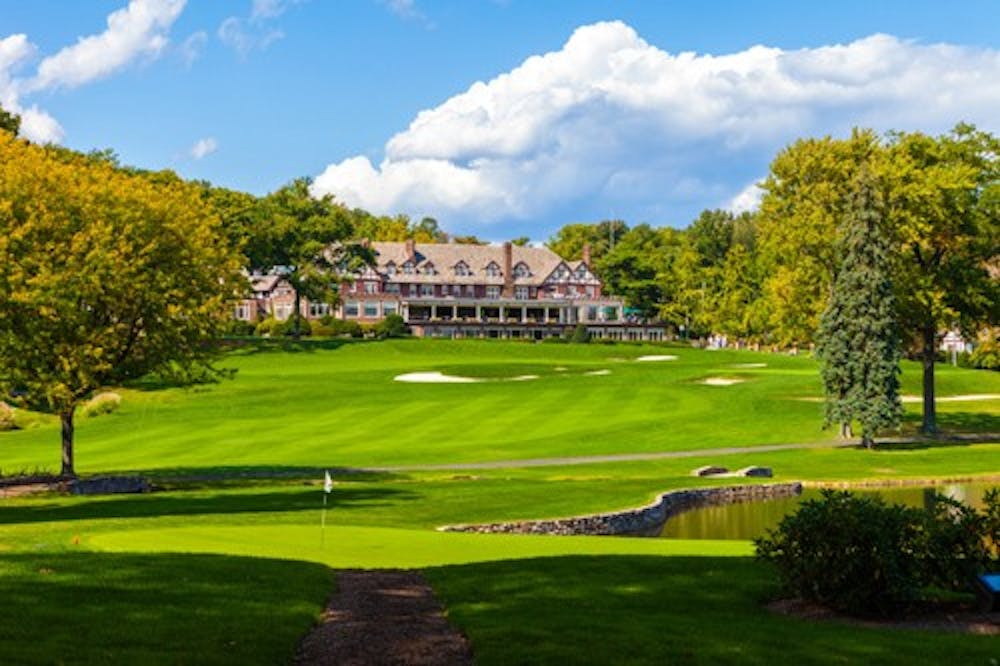The 2018 midterms have become more than just standard elections. With incidents of politicians and other public figures being heckled out of public spaces and protesters entering the Capitol Building to oppose Brett Kavanaugh’s confirmation to the Supreme Court, we seem to have also entered into a national referendum over what constitutes acceptable political discourse.
Republicans have framed the debate as one between order and chaos, as evidenced by the new GOP slogan “jobs not mobs.” Democrats tend to be more sympathetic to aggressive forms of protest, with officials like Maxine Waters and Eric Holder making some controversial statements supporting certain “uncivil” forms of political opposition. While some might hesitate to transcend the ordinary forms of voicing discord, I would argue that this sentiment does not take into account our unusual contemporary political state, which may call for an unusual response.
I must admit, I was initially on the traditional side of this issue. While I may have serious disagreements with Republicans, our democracy relies on a certain standard of discourse. I believed that if we were to escalate our methods of disagreement beyond voting or picketing, we would threaten our ability to coexist with our political opponents. As such, I felt motivated to preserve an U.S. system that emphasizes voting and calling of representatives over shouting and trespassing in order to get a political message across.
Upon further reflection, however, I began to change my mind, as it occurred to me that there are certain things about me and my background that might bias me in favor of the more orthodox ways of operating within the political sphere. The fact that I grew up in an environment where I was always expected to attend college, that my high school had an almost 100 percent matriculation rate, and that I went on to become a student at Princeton shows that the way resources in this country are dispersed and the way certain populations’ interests are addressed have worked out pretty well for my purposes. I may have political differences with those in power, but the policies they enact have yet to threaten me or my future in any meaningful way.
Other University students may not appreciate this aspect of the debate. When we condemn people for damaging property as a means of protesting police brutality and racial inequality or criticize others for being uncivil in their demand for LGBTQ+ rights, we don’t stop and consider that for many, these injustices can be far more immediate and consequential than they may seem from inside the orange bubble. Of course, Princeton has plenty of problems in these areas and others: even in my short time on campus I have witnessed insensitive comments toward minority students, and I have seen the drinking culture adversely affect female students. Despite this, I think it is still fair to say that we live in a disproportionately tolerant place whose attitudes are not representative of those of most of the country. As a result, we may be susceptible to not fully realizing the desperation with which those outside Princeton need the change that they are demanding.
The response to this argument is typically similar to my initial opinion: those who have criticisms of the government, no matter how serious their grievances, have to lodge their complaints through the normal channels — otherwise the entire system could break down and our democracy could turn into mob rule. However, this argument does not address what happens when the way the system is operated precludes the possibility of change in favor of disadvantaged groups. A Supreme Court seat has been stolen from Merrick Garland, the president has openly endorsed foreign espionage and political violence, and state governments across the nation have enacted blatantly discriminatory voter ID laws that are aimed at disenfranchising people of color. Those who oppose these policies cannot just “engage with the system” to make change, because those in power are not acting in good faith or playing fair. Instead, they are doing everything possible to change the rules in order to preserve their power, by any means necessary.
We live in an exceptional time, one that necessitates exceptional means of dissenting. Of course, any action with the intention of physically harming someone is unacceptable, and voting is still the bedrock of political participation. However, when an administration is openly hostile to ideas like religious freedom and freedom of the press, they move beyond simple policy disagreements that could otherwise have been resolved in the normal fashion of negotiation and compromise. When national policy attempts to define transgender people out of existence, there is no time for anything but radical measures that may include refusing to abide by the pleasantries that are expected when we talk to our representatives or protest in the streets.
Since I have arrived here, people have relayed to me the stereotype of Princeton as a “country club campus” in which students are too focused on careers and grades to pay attention to relevant social issues. I would argue that the resources and connections that we acquire simply by being here give us a responsibility to utilize them in ways that level the playing field for those not as fortunate, which would include protests that may defy the normal expectations for how students like us are supposed to behave. It is crucial to step outside our privileged point of view and understand that while the status quo might work for us, it is not so for many of our fellow citizens. Civility is a luxury many cannot afford.

Ben Gelman is a first-year from Houston, Texas. He can be reached at bgelman@princeton.edu.









